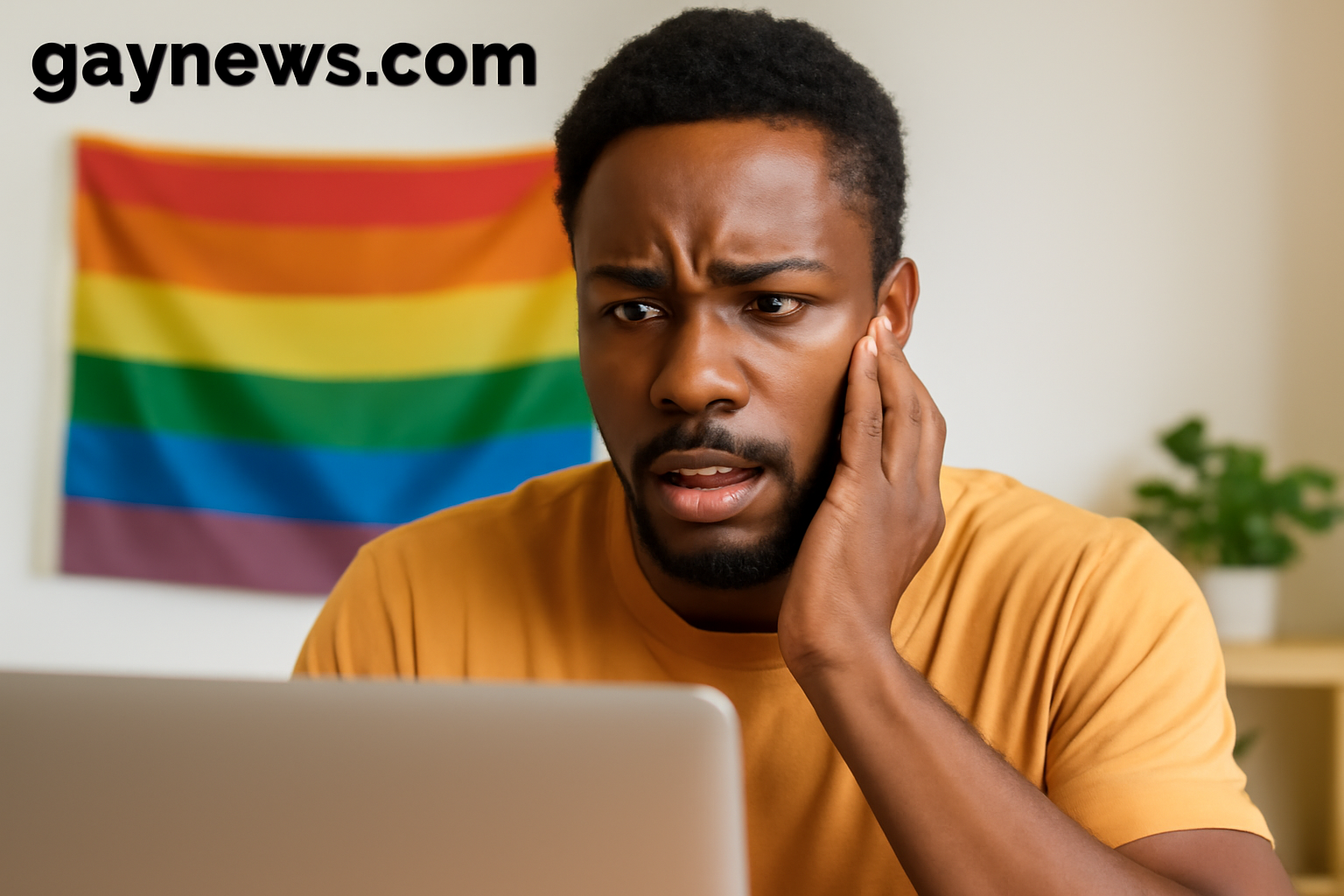
The world of cinema has long been a reflection of society’s evolving attitudes, and LGBTQ+ representation in films has seen significant growth in recent years. However, this progress is not without its controversies and discussions. Recently, the internet was set ablaze by Dewayne Perkins’ comments on a new film featuring Josh O'Connor and Paul Mescal. This film, centered on a same-sex relationship, has sparked both anticipation and debate across various platforms.
The Film at the Center of Discussion
Josh O'Connor and Paul Mescal, two incredibly talented actors known for their diverse roles, have joined forces in this latest project. The film follows the intricate and nuanced relationship between their characters, exploring themes of love, identity, and societal expectations. Given the high-profile nature of the actors involved, the film has naturally drawn significant attention from both media and fans. However, as with many films tackling LGBTQ+ narratives, it hasn't been immune to criticism.
Dewayne Perkins' Perspective
Dewayne Perkins, a renowned comedian and writer, has been vocal about the portrayal of LGBTQ+ characters in media. His critique of the film's casting and narrative choices ignited a flurry of discussions online. Perkins argued that while it is commendable to have mainstream films depicting gay relationships, it's equally important to consider who gets to tell these stories. He raised questions about authenticity and representation, highlighting the need for more diverse voices in the creation and storytelling process.
Perkins’ comments resonated with many in the LGBTQ+ community who feel that while representation has improved, there is still a long way to go in ensuring that those who are part of these communities have their voices heard and stories told accurately. His critique was not just about the actors, but about the broader industry practices that often sideline LGBTQ+ creators, writers, and directors.
The Internet Weighs In
The response to Perkins’ critique was swift and widespread. Social media platforms like Twitter and Instagram were buzzing with opinions, ranging from support to opposition. Many users agreed with Perkins, echoing his sentiments that more authentic representation is needed. They pointed out that while having LGBTQ+ characters is a step in the right direction, ensuring that LGBTQ+ people are involved in all stages of the production process is crucial for authenticity.
On the other hand, some fans of the actors and the film argued that the focus should be on the story itself rather than the personal lives of those portraying the characters. They believed that the performances of O'Connor and Mescal could bring the necessary depth and nuance to the roles, regardless of their personal sexual orientations.
Broader Implications for LGBTQ+ Representation
Perkins' comments and the ensuing online debate highlight a broader conversation about representation in the film industry. While films with LGBTQ+ themes have become more common, the underlying issues of who gets to tell these stories and how they are told remain contentious.
The discussion also touches on the concept of "queerbaiting," where LGBTQ+ themes are used superficially to attract audiences without genuine representation or involvement from the community. This concept is often criticized for exploiting LGBTQ+ identities for profit without offering real inclusivity or understanding.
As the conversation continues, it is clear that the call for more inclusive and authentic representation is growing stronger. The industry is being urged to not only include LGBTQ+ characters but to also ensure that LGBTQ+ creators are part of the storytelling process. This includes roles in writing, directing, and producing, allowing for a more nuanced and lived experience to be reflected on screen.
Looking Forward
As audiences become more vocal about the content they consume, it is hopeful that studios and filmmakers will take these discussions to heart. The future of LGBTQ+ representation in film looks promising, but it will require continued advocacy and conversation. Perkins’ critique serves as a reminder that while progress has been made, there is still much work to be done.
Ultimately, the internet’s reaction to Dewayne Perkins’ comments reflects a community eager for change and representation that goes beyond surface-level portrayals. It points to a desire for stories that are not only told by but also about LGBTQ+ people, ensuring that the breadth of human experience is truly reflected in the films we watch.
As we look to the future, it is encouraging to see these conversations taking place with such fervor and passion, with the hopes that they will lead to meaningful change in the industry.
Related Posts
Pride Month in Latin America: Protests and Demands for Equality
**Celebrating Pride and advocating LGBTQ+ rights in Latin America** Pride Month in Latin America was a lively mix where celebration met activism. Communities united, not just throwing a party but making a stand—demanding equality and pushing governments toward better protection and rights recognition. Throughout Latin America, pride events erupted in marches and cultural displays, each with a c [...]
Transgender Erasure Actions Implemented by National Park Service
```html Trump administration's impact on national park service and transgender recognition The Trump administration made notable moves in undermining transgender representation, which included directing agencies like National Park Service not include "T" and "Q" when they refered “LGBTQ” in any official communication. This move seems part a broader plan by this administration aimed at reducin [...]
Drag Night Extravaganza: Daddies & Baddies at Atlantic City's Anchor Rock Club
Atlantic City, NJ, isn't just about its casinos and boardwalk—it's a hub bursting with energy and entertainment. One event that truly captures this spirit? The "Daddies & Baddies" drag night at Anchor Rock Club. This vibrant night celebrates amateur drag in all its glory, offering a kaleidoscope display where creativity and community unite. If you're looking where inclusivity and creativity take [...]